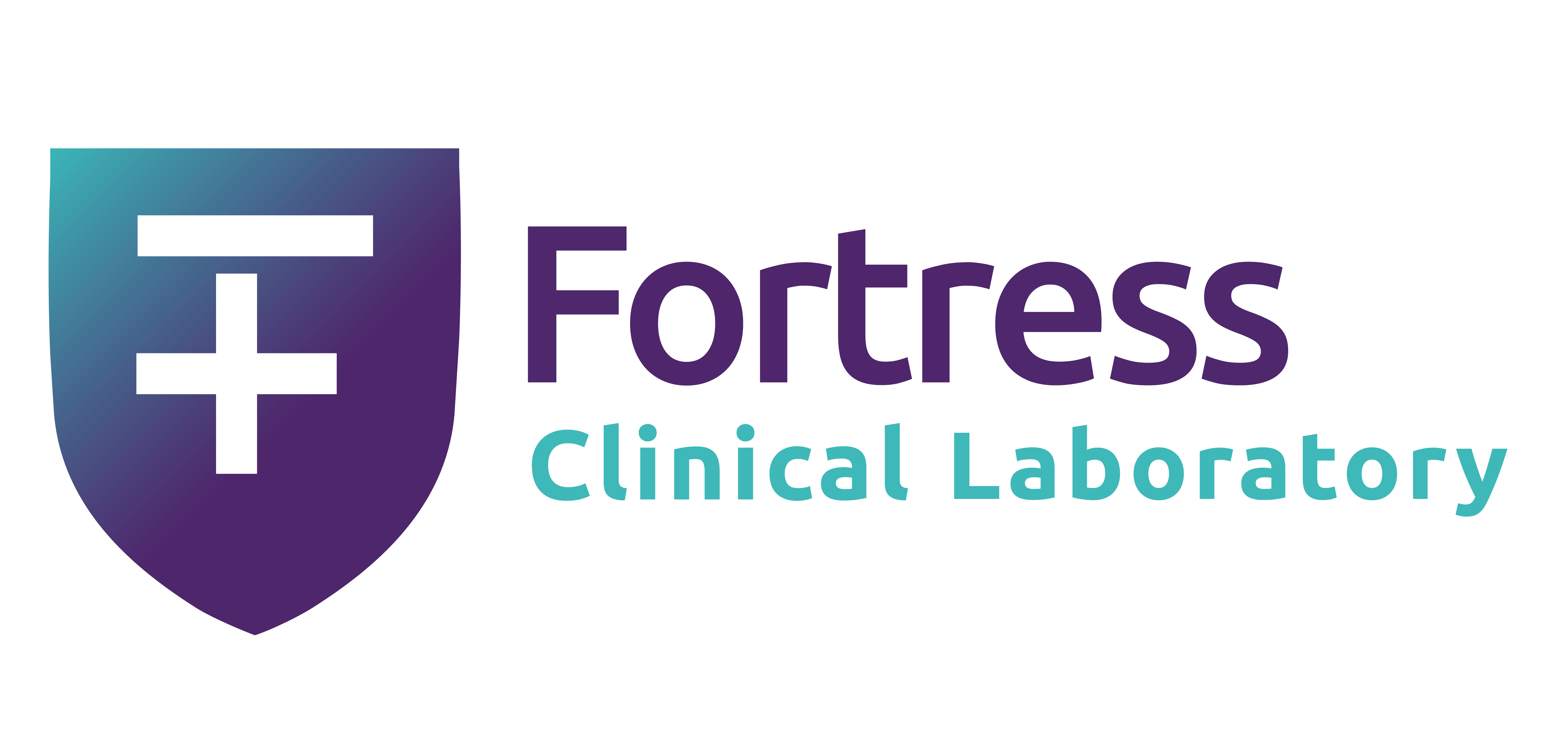
World Relaxation Day: Why Your Hormones Hold the Key to True Calm
On August 15, the world observes World Relaxation Day. A dedicated moment to pause, breathe, and reconnect with our bodies and minds. In our fast-paced, always-on culture, this day serves as a vital reminder: relaxation is not a luxury. It is a necessity for long-term health.
But what if your body wants to relax, yet something inside is keeping you stuck in fight-or-flight mode? What if fatigue, anxiety, or unexplained weight changes are not just signs of a busy life, but signals from your endocrine system that something deeper is off balance?
The answer may lie in your pituitary and adrenal glands. Two small but mighty regulators of your body’s stress response, energy, metabolism, and hormonal harmony. And at the centre of it all? Cortisol.
The Silent Stress Hormone: Understanding Cortisol
Cortisol, often called the stress hormone, is produced by the adrenal glands, which sit atop your kidneys. In healthy amounts, cortisol plays a crucial role in:
– Regulating blood pressure
– Managing how your body uses carbohydrates, fats, and proteins
– Reducing inflammation
– Controlling your sleep-wake cycle
– Helping your body respond to stress
When you face a stressful situation, whether it is a looming deadline, financial pressure, or emotional strain, your brain signals the hypothalamus to trigger the HPA axis (hypothalamic-pituitary-adrenal axis). This cascade tells your pituitary gland to release ACTH (adrenocorticotropic hormone), which then instructs your adrenal glands to pump out cortisol.
This system is designed for short-term survival. But in today’s world of chronic stress, where deadlines, digital overload, and personal challenges never seem to end, your cortisol levels can remain elevated for days, weeks, or even years.
And that is when problems begin.
The Hidden Toll of Chronic Cortisol Imbalance
When cortisol stays high for too long, it can disrupt nearly every system in your body. You might experience:
– Persistent fatigue, even after a full night’s sleep
– Weight gain, especially around the abdomen
– Difficulty concentrating or brain fog
– Mood swings, anxiety, or irritability
– Weakened immune function
– Sleep disturbances
– Low libido or hormonal irregularities
But here is the catch: these symptoms are often vague and non-specific. They are easy to dismiss as part of aging, being overworked, or just how life is. As a result, many people suffer in silence, unaware that their pituitary or adrenal glands may be struggling to keep up.
Worse still, early-stage pituitary or adrenal dysfunction can go undetected for years. Without targeted testing, hormonal imbalances remain hidden until they lead to more serious conditions like adrenal insufficiency, Cushing’s syndrome, hypopituitarism, or chronic fatigue syndrome.
The Pituitary Gland: Your Body’s Master Conductor
Often called the master gland, the pituitary is a pea-sized structure at the base of your brain. Despite its size, it controls the function of nearly every other endocrine gland in your body, including the adrenals, thyroid, ovaries, and testes.
The pituitary produces several key hormones, such as:
– Adrenocorticotropic hormone (ACTH) – stimulates cortisol production
– Thyroid-Stimulating Hormone (TSH) – regulates metabolism
– Follicle-Stimulating Hormone (FSH) and Luteinising Hormone (LH) – control reproductive function
– Prolactin – involved in lactation and reproductive health
– Growth hormone and others – influence development and energy
When the pituitary is not functioning properly due to tumours, inflammation, trauma, or autoimmune conditions, it can throw your entire hormonal system into disarray. And because the pituitary and adrenals work as a team, dysfunction in one often affects the other.
Why Early Detection Matters
The good news is that hormonal imbalances are treatable, but only if they are identified early.
Too often, patients endure years of unexplained symptoms before receiving a proper diagnosis. By then, the damage may be more advanced, and recovery more complex.
That is why proactive hormone testing is so important, especially for those experiencing:
– Chronic fatigue or unexplained weakness
– Persistent stress or anxiety
– Unexplained weight gain or loss
– Low blood pressure or dizziness
– Irregular menstrual cycles or fertility issues
– Reduced libido
– Sleep disturbances
If any of these sound familiar, it may be time to look deeper than lifestyle changes or mental health support. It may be time to check your hormones.
Introducing the Fortress Clinical Pituitary & Adrenal Health Panel
At Fortress Clinical Laboratory, we believe in empowering patients and healthcare providers with precise, actionable insights. That is why we have developed the Pituitary & Adrenal Health Blood Test Panel, a comprehensive assessment designed to evaluate the key hormones involved in stress response, energy regulation, and endocrine balance.
This panel includes laboratory analysis of:
- Cortisol – The primary stress hormone; essential for assessing adrenal function and HPA axis health.
2. Dehydroepiandrosterone Sulphate (DHEA-S) – A precursor hormone produced by the adrenals; low levels may indicate adrenal fatigue or insufficiency.
3. Follicle-Stimulating Hormone (FSH) – Regulates reproductive development and function in both men and women.
4. Luteinising Hormone (LH) – Works with FSH to control sex hormone production and ovulation/testosterone levels.
5. Prolactin – Elevated levels can disrupt menstrual cycles, fertility, and libido; may indicate pituitary tumours.
6. Thyroid-Stimulating Hormone (TSH) – While primarily a thyroid marker, TSH is produced by the pituitary and reflects its overall function.
Together, these biomarkers provide a holistic snapshot of your pituitary and adrenal health — helping to detect imbalances before they escalate into more serious conditions.
Who Should Consider This Test?
The Pituitary & Adrenal Health Panel is ideal for individuals who:
– Experience chronic stress or burnout
– Feel constantly tired, even after rest
– Have difficulty managing weight despite diet and exercise
– Notice changes in mood, sleep, or libido
– Are undergoing evaluation for fatigue, infertility, or hormonal disorders
– Have a history of pituitary or adrenal conditions
– Are under the care of an endocrinologist or functional medicine practitioner
It is also a valuable tool for preventive health, allowing proactive individuals to monitor their hormonal status and make informed decisions about their well-being.
World Relaxation Day: A Call to Listen to Your Body
On World Relaxation Day, we encourage you to do more than just take a nap or meditate (though those are great!). We invite you to listen to your body’s deeper signals.
Are you truly relaxed or just exhausted?
Is your fatigue temporary, or a sign of something more?
Could your stress be more than mental and actually hormonal?
True relaxation is not just about external calm. It is about internal balance. When your pituitary and adrenal glands are functioning optimally, your body can manage stress effectively, restore energy, and support overall well-being.
Take the Next Step Toward Hormonal Harmony
You do not have to live with unexplained fatigue, mood swings, or constant stress. The Fortress Clinical Pituitary & Adrenal Health Panel offers a clear, science-backed way to uncover the root causes of your symptoms so you can take meaningful action.
Click here to view our Pituitary & Adrenal Health Panel.
Whether you are a patient seeking answers or a healthcare provider looking for reliable, comprehensive hormone testing, Fortress Clinical is here to support your journey toward balance, resilience, and lasting health.
Because on World Relaxation Day and every day, you deserve to feel truly well.






